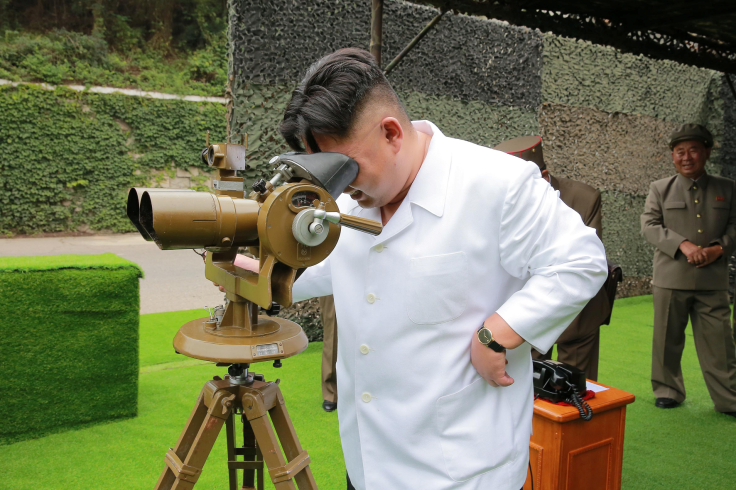North Korea reportedly prepares latest missile test days before US presidential election

North Korea has planned to launch an intermediate-range ballistic missile within 72 hours prior to the Nov. 8 US presidential election. It is the latest in a series of missile launches of the country violating the U.N. Security Council resolutions banning all ballistic missile-related activities.
Fox News reports the launch on Tuesday, citing two unidentified US government officials who confirmed the launch of what would be North Korea's ninth Musudan missiles. The intermediate-range missile theoretically has a range between 2,500 and 4,000 km.
Last month, North Korea was thought to have conducted two failed missile tests. But some experts have warned that as early next year, the Musudan could become operational.
“If they continue at this rate, the Musudan intermediate-range ballistic missile could enter operational service sometime next year — much sooner than had previously been expected,” John Schilling, an aerospace engineer and expert on North Korea’s missile program, wrote in 38 North.
“The North Koreans aren’t simply repeating old failures. They aren’t taking the slow path to developing a reliable system, with a year or so between each test to analyse the data and make improvements," Schilling wrote.
A successful launch would threaten American military bases located in Japan and South Korea. However, it would also threaten the US installations in Guam where US nuclear bombers were deployed.
In 2006, North Korea conducted its first nuclear test defying the UN sanctions to press ahead with the development of the missiles and weapons to carry them.
US Deputy Secretary of State Antony Blinken called the threat posed by the nuclear and missile programs of North Korea the most important challenge in Asia for Washington.
“From our perspective, this is the top agenda issue because what we’ve seen over the past year in particular is a qualitative change in the threat posed by the DPRK’s nuclear and missile programs,” Blinken said during the Media Round Table in Beijing. Blinken used the acronym for the country's formal name Democratic People’s Republic of Korea.





















